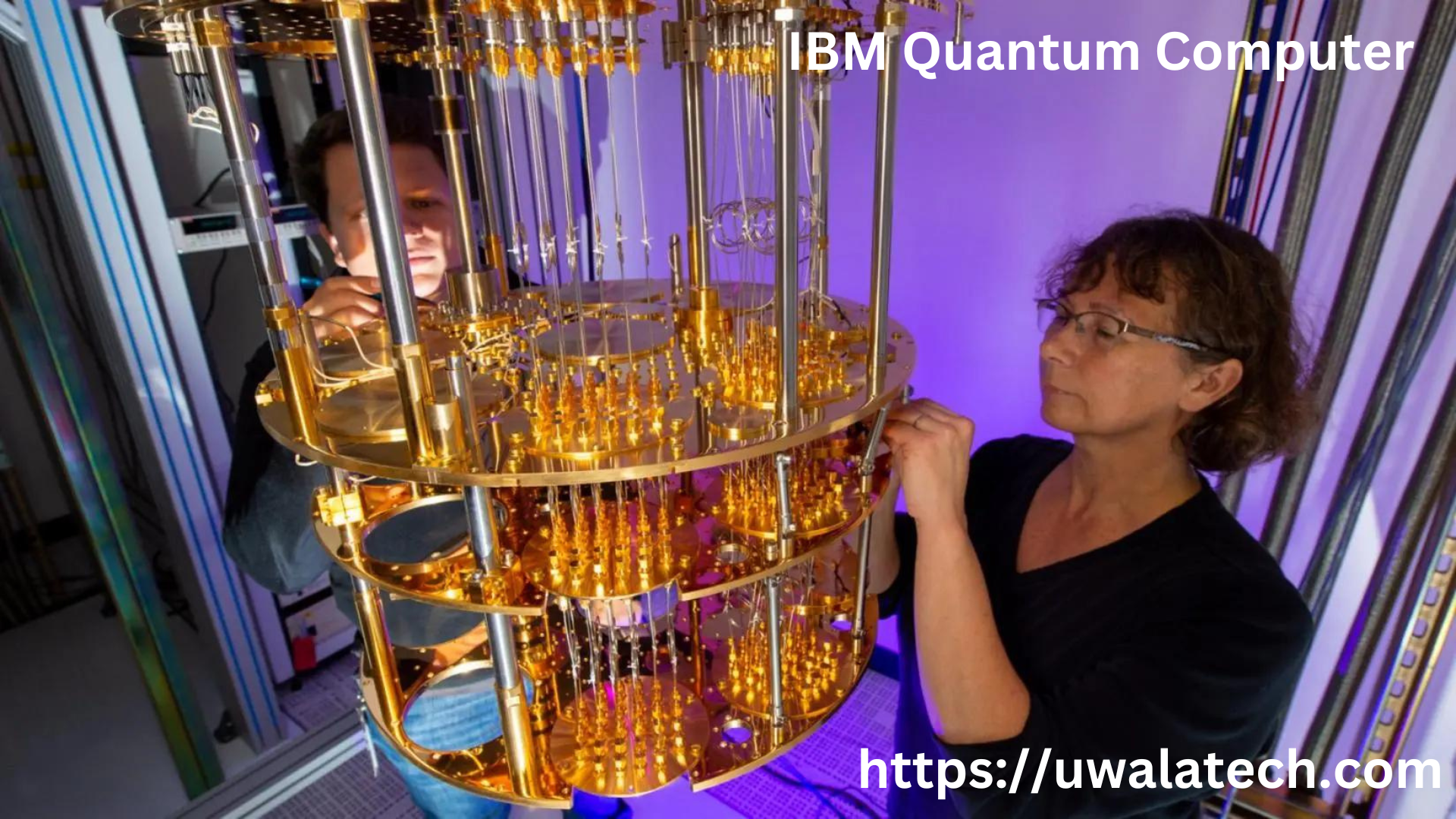IBM Quantum Computer: Exploring the Future of Computing
In recent years, quantum computing has become a buzzword in the tech industry. While traditional computing relies on bits that represent either 0 or 1, quantum computing uses qubits that can exist in a superposition of states, allowing for exponentially faster calculations. IBM is one of the leading players in the field of quantum computing, with its IBM Quantum Experience platform allowing users to experiment with quantum algorithms and circuits.
What is IBM Quantum Computer?
IBM Quantum Computer is a cloud-based platform that allows developers, researchers, and enthusiasts to access and program IBM’s quantum processors. The platform provides users with a range of tools and resources to explore the possibilities of quantum computing, including a drag-and-drop circuit composer, tutorials, and access to quantum simulators and real quantum hardware.
IBM Quantum Computer processors use superconducting qubits, which are implemented on a chip and kept at ultra-low temperatures to maintain their quantum states. The processors are scalable, with IBM working on increasing the number of qubits and improving the coherence time (the time qubits can stay in a quantum state without decohering) with each iteration.
How does IBM Quantum Computer work?
IBM Quantum Computer works by allowing users to design and execute quantum circuits. A quantum circuit is a sequence of operations applied to qubits, with the output depending on the quantum state of the qubits at each step. The platform provides a drag-and-drop interface for designing circuits, as well as a library of pre-built circuits for users to experiment with.
Once a circuit is designed, users can run it on either a quantum simulator or a real quantum processor. The simulator allows users to test their circuits without the noise and errors present in real quantum hardware, while the real quantum processor provides access to the power of quantum computing.
What can you do with IBM Quantum Computer?
IBM Quantum Computer can be used for a variety of tasks, including:
- Quantum simulation: Quantum computers can simulate quantum systems much more efficiently than classical computers, allowing for the study of materials, chemicals, and other complex systems.
- Optimization: Quantum computers can solve optimization problems faster than classical computers, with applications in logistics, finance, and more.
- Cryptography: Quantum computers can break some classical cryptographic protocols, but also have the potential to create new, quantum-resistant cryptography.
- Machine learning: Quantum computers can speed up certain machine learning algorithms, opening up new possibilities in fields such as image and speech recognition.
IBM Quantum Computer: Qubits, Price, and FAQ
IBM Quantum Computer is a cloud-based platform that allows users to experiment with quantum algorithms and circuits using IBM’s quantum processors. Here’s a closer look at some of the key aspects of IBM Quantum Computer, including qubits, price, and frequently asked questions.
Qubits
A qubit is the basic unit of quantum information, analogous to a bit in classical computing. Qubits can exist in a superposition of states, allowing for exponentially faster calculations compared to classical bits. IBM Quantum Computer processors use superconducting qubits, which are implemented on a chip and kept at ultra-low temperatures to maintain their quantum states. As of early 2023, the most advanced IBM Quantum Computer processor has 127 qubits, although IBM is working on increasing this number with each iteration.
Price
Access to IBM Quantum Computer is available through IBM’s cloud-based platform, and there are several pricing options available depending on the level of usage. For individual developers and researchers, a free account is available that provides access to a limited set of resources. For larger-scale usage, IBM offers various paid plans that provide additional resources, such as increased access to quantum processors and premium support.
Frequently Asked Questions
Q: What is the difference between classical and quantum computing?
A: Classical computing relies on bits that represent either 0 or 1, while quantum computing uses qubits that can exist in a superposition of states, allowing for exponentially faster calculations.
Q: What can you do with IBM Quantum Computer?
A: IBM Quantum Computer can be used for a variety of tasks, including quantum simulation, optimization, cryptography, and machine learning.
Q: How do I access IBM Quantum Computer?
A: Access to IBM Quantum Computer is available through IBM’s cloud-based platform. Users can create a free account to experiment with quantum algorithms and circuits.
Q: What is the coherence time of IBM Quantum Computer processors?
A: The coherence time is the time qubits can stay in a quantum state without decohering. IBM is continually working on improving the coherence time with each iteration of its quantum processors.
Q: What are the limitations of quantum computing?
A: While quantum computing has the potential to revolutionize computing, it is still in its early stages and has several limitations. These include the need for ultra-low temperatures, susceptibility to noise and errors, and the limited number of qubits currently available.
Conclusion
IBM Quantum Computer is a powerful platform for exploring the possibilities of quantum computing. With its drag-and-drop circuit composer, tutorials, and access to both simulators and real quantum hardware, the platform makes it easy for developers and researchers to experiment with quantum algorithms and circuits. While quantum computing is still in its early stages, IBM Quantum Computer is paving the way for a future where quantum computing is a vital part of our technological landscape.
